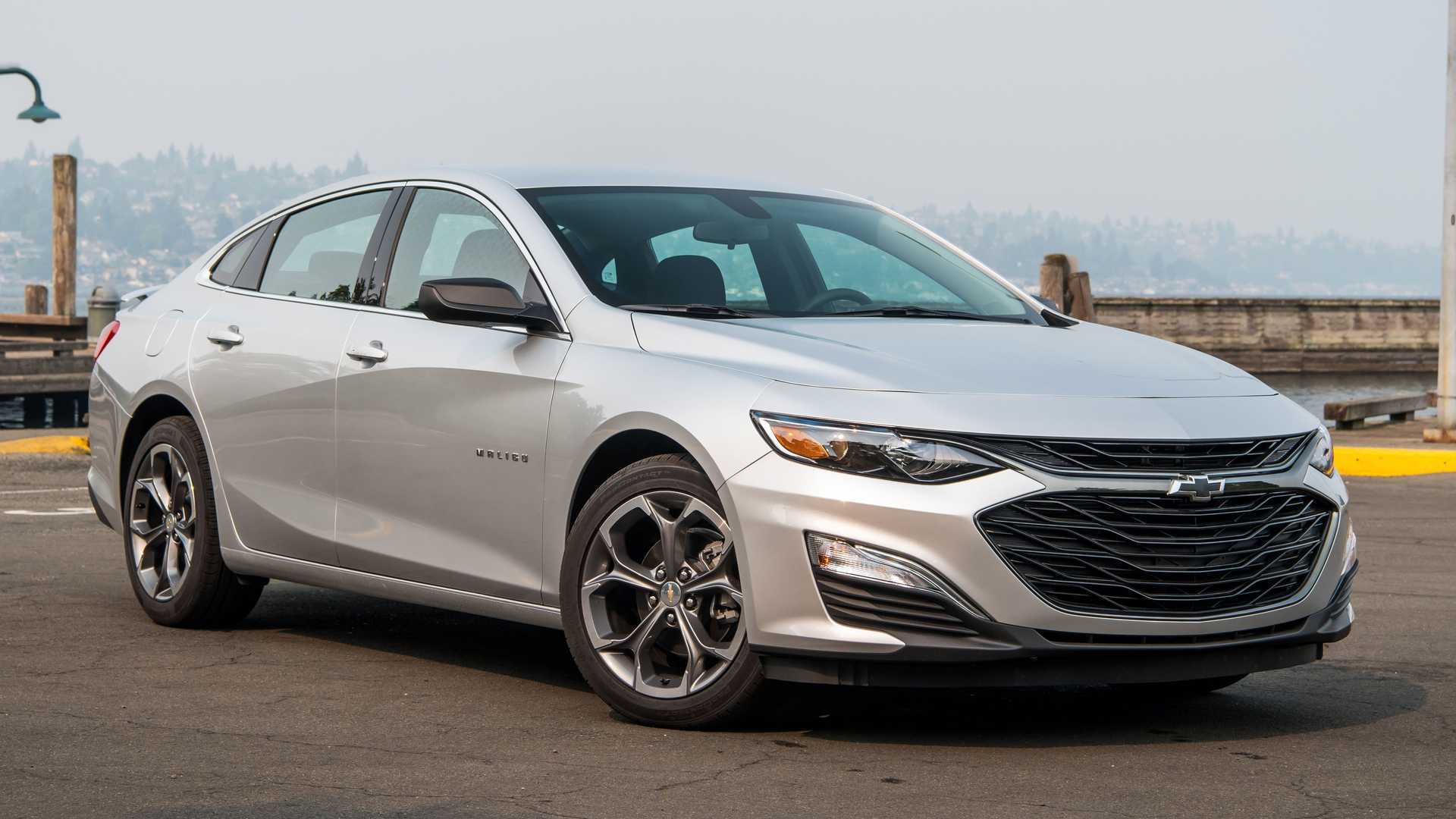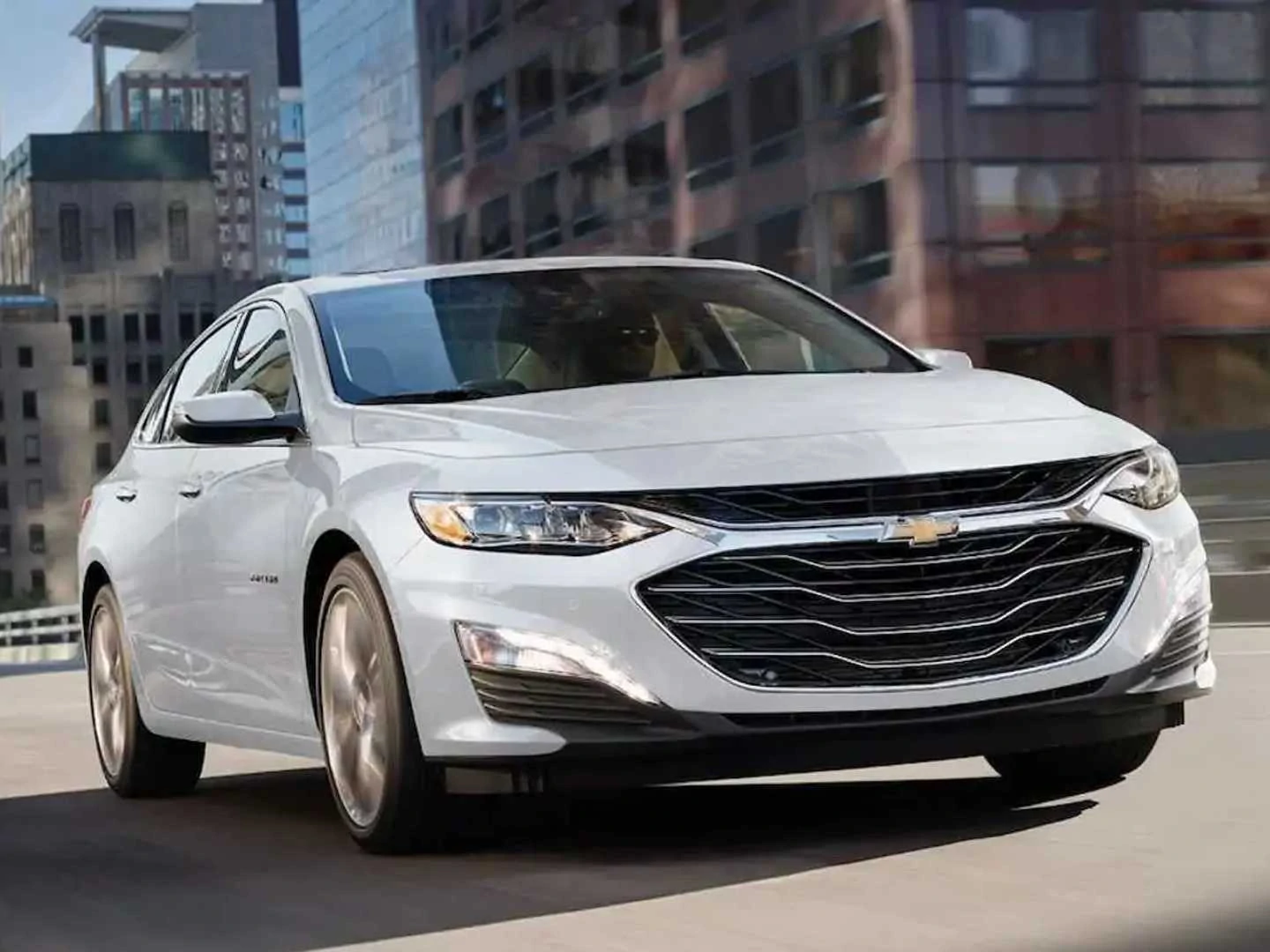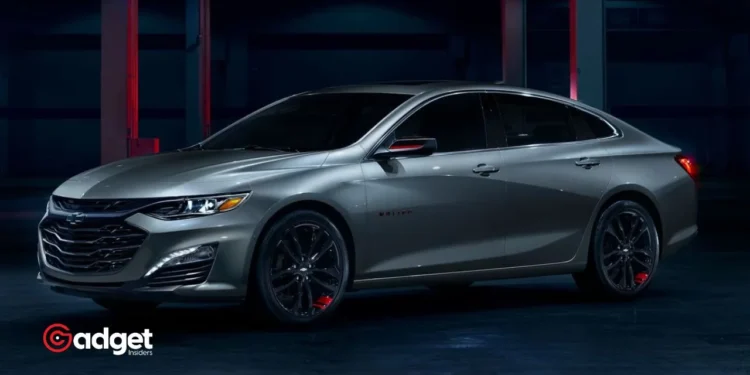In a significant shift that marks the end of an era for American automotive history, General Motors has announced the discontinuation of the Chevrolet Malibu, the last midsize car produced by a Detroit automaker. This decision underscores a broader industry trend towards electric vehicles (EVs) and away from traditional internal combustion engine models.
Introduced in 1964, the Chevrolet Malibu became a fixture in American driveways, epitomizing the golden age of the midsize sedan. For decades, it was a symbol of reliability and family-friendly utility, consistently ranking among the top choices for U.S. drivers.

However, the landscape of American automotive preferences has dramatically transformed. SUVs and pickup trucks now dominate the market, with top sellers including models from Ford and Chevrolet, and the Toyota RAV4 leading the non-pickup segment.
As reported by Motorintelligence.com, midsize cars, which accounted for 22% of U.S. new vehicle sales in 2007, dwindled to just 8% last year. Despite this decline, the segment still saw significant activity with 1.3 million units sold in a market led by the Toyota Camry and Honda Accord.
The Chevrolet Malibu’s Journey and Decline
The Chevrolet Malibu’s journey reflects broader trends in consumer preferences and economic realities. Although there was a resurgence in sales following a 2016 redesign, much of the volume was driven by fleet sales to rental car companies, typically yielding lower profits.
In 2022, General Motors sold over 130,000 Malibus, marking an 8.5% decrease from the previous year. However, the midsize car segment experienced a slight revival last year, with a nearly 5% increase in sales, illustrating the enduring appeal of this vehicle category, despite prevailing market trends.

General Motors Strategic Shift Toward Electric Vehicles
As General Motors prepares to phase out the Malibu, the company is also gearing up for a significant transformation at its Kansas City, Kansas, plant. The facility, which currently produces the Malibu and the Cadillac XT4 small SUV, is slated for a $390 million overhaul. This investment will enable the production of the Chevrolet Bolt’s new version, alongside the continued manufacture of the XT4, starting in late 2025.
This strategic pivot not only reflects GM’s commitment to electric vehicles but also provides the plant with the flexibility to adapt to shifting consumer demands. The dual production line for the Bolt and XT4 is a clear indication of General Motors vision for a more sustainable and adaptable automotive future.
General Motors confirmed the discontinuation of the Chevy Malibu due to its shifting focus on Electric Vehicles. https://t.co/Q7ZR2zI1Ml
— KRCG 13 (@KRCG13) May 10, 2024
Reflecting on the Chevrolet Malibu’s Legacy
The Chevrolet Malibu’s discontinuation is more than just the end of a car model; it’s a poignant chapter in the story of American automotive evolution. As General Motors turns its focus towards electric vehicles, the Malibu will be remembered as a beloved part of America’s automotive heritage, a testament to the era when midsize sedans ruled the road.
The decision to cease production of the Malibu is a reflection of changing times and shifting priorities within the auto industry. As we look towards a future dominated by electric vehicles, the Malibu’s legacy will remain a significant part of the historical fabric of American car culture.










